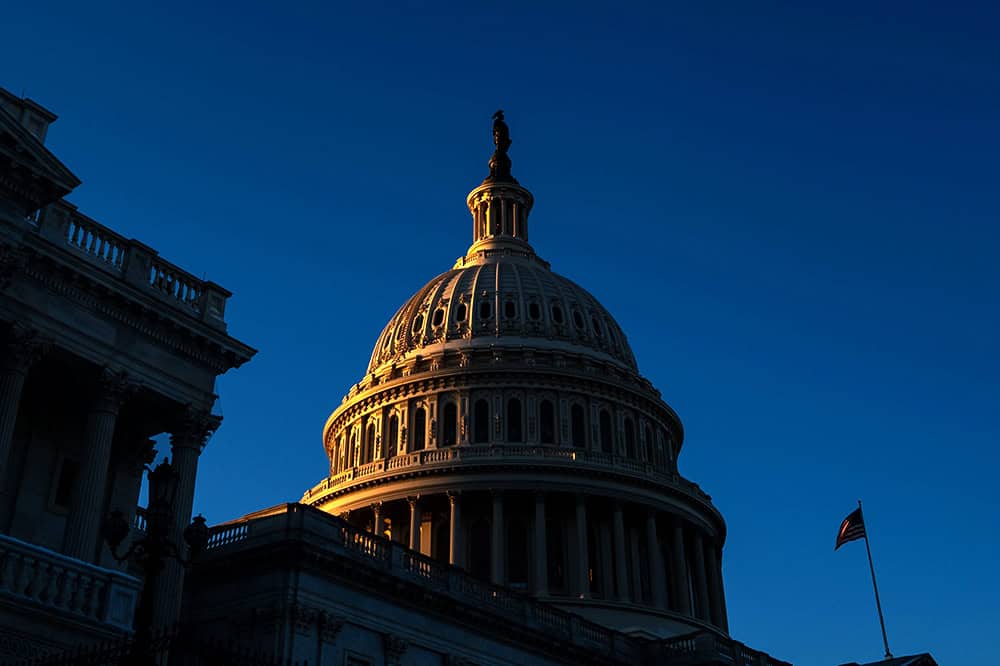Statement by PGPF on the Passage of Health Care Reform Legislation
“The passage of health care reform legislation represents a significant milestone in the history of the United States. The bill is expected to expand healthcare coverage to roughly 32 million people, further reaching the younger population and low-income individuals. While there are a number of positive provisions in the legislation, the actual fiscal impact of the legislation could be worse than advertised if future lawmakers do not carry out the necessary cost control measures outlined in the bill. If the underlying drivers of health care costs are not controlled, the tens of trillions in unfunded obligations attributable to Medicare alone will threaten our financial future.
“Given the deteriorating financial condition of the United States and our Nation’s huge structural deficit, the Congress and the President have an obligation to take definitive steps to further reduce the rate of increase of health care costs while also stabilizing both the percentage of the economy dedicated to health care and the level of federal debt as a percentage of the economy.
“The Peter G. Peterson Foundation will provide a more in-depth analysis at a later date.”
About PGPF
Founded by the Chairman Emeritus of The Blackstone Group with a commitment of $1 billion, the Foundation is dedicated to increasing public awareness of the nature and urgency of key economic challenges threatening America’s future and to accelerating action on them. To address these challenges successfully, we work to bring Americans together to find sensible, long-term solutions that transcend age, party lines and ideological divides in order to achieve real results. For more information, see www.PGPF.org [1]
Further Reading
Lawmakers are Running Out of Time to Fix Social Security
Without reform, Social Security could be depleted as early as 2032, with automatic cuts for beneficiaries.
What Is the National Debt Costing Us?
Programs that millions of Americans depend on and care about may be feeling a squeeze from interest costs on our high and rising national debt.
Interest Costs on the National Debt Are Reaching All-Time Highs
The most recent CBO projections confirm once again that America’s fiscal outlook is on an unsustainable path — increasingly driven by higher interest costs.


